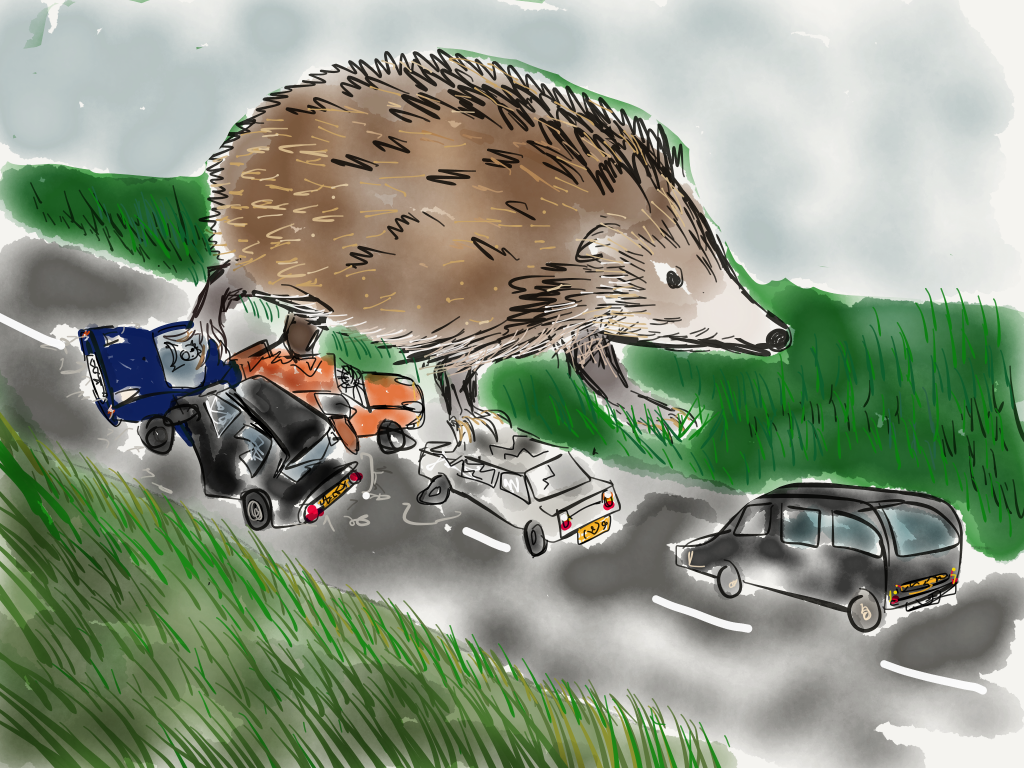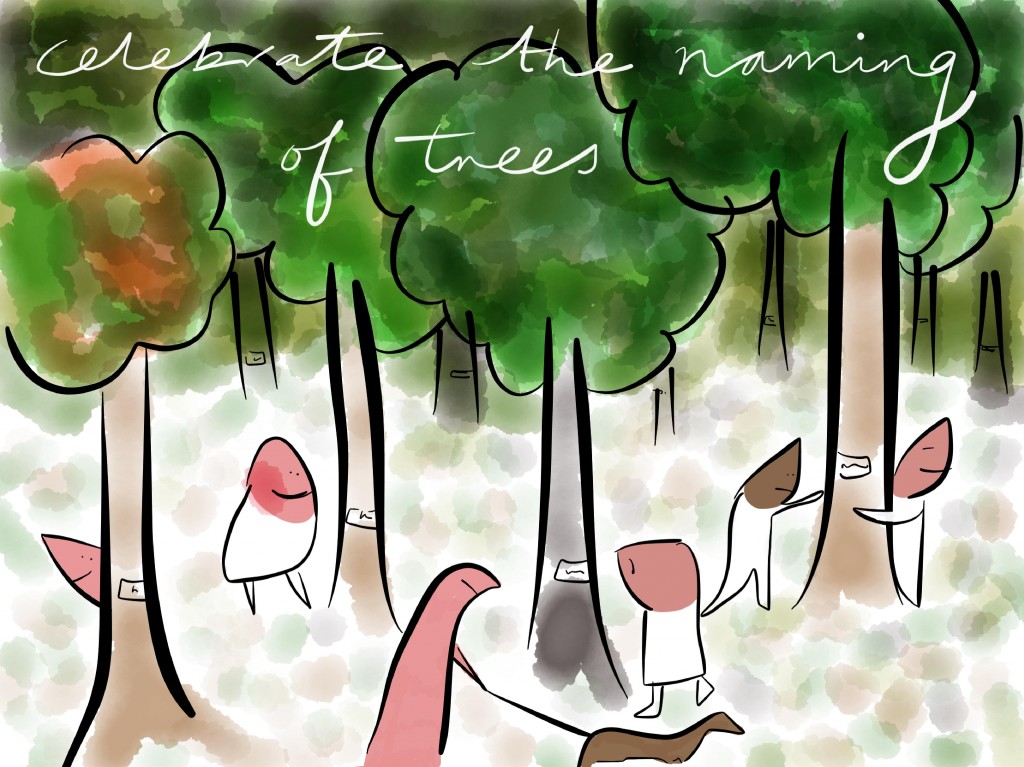In 2014 President Obama issued a Presidential Memorandum setting up a task force to create a strategy to promote the health of honey bees and other pollinators. The strategy was launched a year later in May 2015. https://www.whitehouse.gov/sites/default/files/microsites/ostp/Pollinator%20Health%20Strategy%202015.pdf
As part of this effort the White House instructed embassies abroad to do their bit and make pollinator friendly gardens.
In contrast to the benevolent intent of President Obama, I recently heard that in the US ambassador’s garden in Budapest, a 100 year old tree was cut down in order to remove a colony of bees which had settled there. Such was the US of A’s Hungarian representative’s blind fear of these little pollinators that they would have a tree cut down to remove them.
—
I was struck by the similarity of another situation encountered in a recent discussion with a friend who is a director of an energy company in post-communist Central Europe. Following privatisation some twenty years ago, after the fall of the Wall, the company has tried to introduce a culture of helpfulness, customer-friendliness and efficiency, cutting back on officiousness and red-tape. Sadly, despite the best intentions of enlightened management, egregious inefficiencies still prevail, employees with attitudes continue to insult customers like it is appropriate behaviour, and information channels remain constipated.
In both situations the people at the top know what should be done, but the operatives still don’t get it.
—
There’s a funny thing going on here. Sometimes we think that leaders of organisations “don’t get it” because they are so wrapped up in their ways, blinded by power, too far from the coal-face to be effective. If only they could leave it to the people on the ground, who really know what it going on. Then things would get sorted.
These two cases show something different. The people at the top do know the right thing to do, and they try their best to get the people in the ranks to do it. But the underlings in the ranks are ignorant or badly socialised or conflicted or don’t get it or have their minds clogged up with Ego paste and so forth.
We are not talking about trying to get people to acquire very specific skills or attitudes. We are talking about pretty general things: how to treat the living world with respect; how to treat other people you deal with civilly.
I suspect that neither of these can be easily taught and certainly cannot be arranged through the sending of a presidential memo. These are the products of cultural attitudes which are imbued by people in the formative years of their life.
Again and again we must seek the solution for our problems not in the school or the workplace but in the first few years of people’s lives : the first five to ten years of nurturing by their parents. Society needs to spend immensely more attention to getting those first few years right. If it did, we wouldn’t need to worry so much about schooling and higher education and all the other stuff on which billions are fruitlessly spent.




